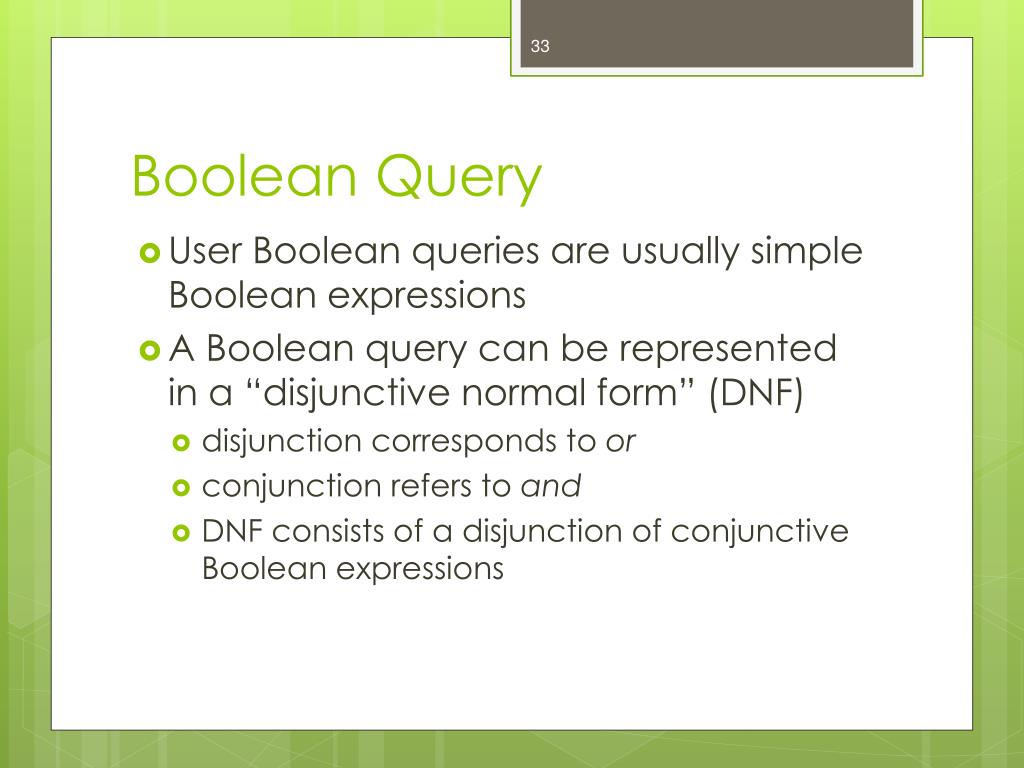

How LinkedIn Recruiter search reads your query While we are hard at work building a better search, I want to share some thoughts on one trick that can help you get better results today when using boolean searches. After half a year of talking with customers and engaging with the product, I am extremely impressed with the power that Recruiter delivers to help source talent. However, if you do want to use expressions that contain the reserved words, then you must either enclose them in quotation marks or neutralise them with a backslash, e.g.At the start of this year I was lucky enough to join the LinkedIn Recruiter product team to focus purely on the search experience. Or if you try searching for the title Not fish not meat, the system understands the word NOT as an operator and searches for titles that contain neither one nor the other term - which in this case provokes an error message. If possible, you should omit these terms altogether or enclose them in quotation marks or “neutralise” using a backslash.įor example, if you are searching for a title with the keywords Money or Life, the system interprets this as a search for the term money OR the term Life and returns titles that contain one or the other term. Problems arise when you run a search using search terms that match one of these operators. The system understands operators entered in both German and English:Īnd - or - not - near und - oder - nicht - bei

The search example finds Moskau and Moskva and MoskouĪll the operators used in searches are reserved words. n is not a wildcard but has a similar function: end a term with a forward slash and then add the number of characters within the search term by which a term can differ. The search example finds matches with the keywords microsphere, micro-optics, microspectrophotometry Wildcards can also be combined with one another within a search term. Finds titles containing the keyword fair, but not far, father, faster etc.įinds people with the name Hagmann, Haumann, but not Hamann, Habermann etc. The exclamation mark stands for exactly one character. Finds titles containing the keywords fair and far, but not father, faster etc.įinds people with the name Hamann, Hagmann and Haumann but not Hartmann or Habermann The hash sign stands for a maximum of one character. Finds people with the name Hamann, Hagmann, Hartmann, Habermann etc. The question mark acts as a wildcard for any number of characters.įinds titles containing the keywords far, fairy, father, faster etc.Īt the end of a search term it works as truncation. The search example finds: history of the railways The Great Western Railway : History of a great railway company the specified terms are searched for in any order with none or one or many terms between them. The search example finds: The great railways - history and backgroundĬombining the % operator with one of the unidirectional operators described above ( ? * # !), turns them into bidirectional operators, i.e. There must be no other term between the search terms. This operator searches for keywords in any order. There can be exactly one word between the terms, e.g. Searches only for titles containing the terms in this order. There can be a maximum of one word between the terms. The search example finds: History of the railways History of the Indian Railways There can be none or any number of other terms in between them.

If you separate two search terms with * or ?, the search looks for titles in which the terms occur in this order. This search will find, for example: Freedom as duty of the citizen but not Freedom and unity as duty

Searches for this exact word order and no other terms must appear within the phrase. Searches only for titles containing the phrase between the quotation marks. garden, house courtyard house with a garden A house with a magnificant gardenĮnter near/3 to specifiy that there can be a maximum of 2 words between the search terms. This searches for titles in which there are a maximum of 3 words between the search terms, e.g. Titles searched must always contain the term house but never the term garden. This then searches for entries that contain at least one of the terms within each pair of brackets. Here it is important, however, to put brackets around terms linked with orwhich represent the same topic. If you want to search for several topics combined that can be expressed through various terms, you can use the and and or operators together. (car or vehicle) and (transport or traffic) Searches for titles containing either the term house house or garden or both terms. Searches only for titles containing both terms specified.


 0 kommentar(er)
0 kommentar(er)
